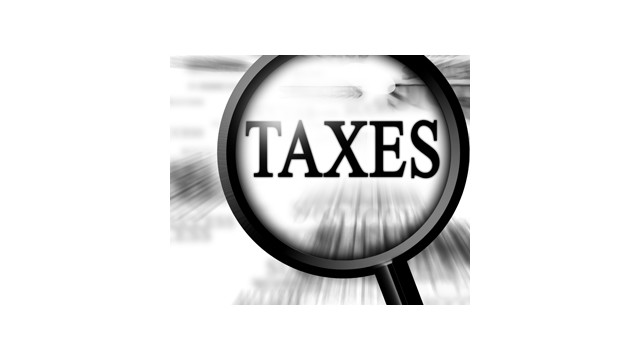Taxes
AICPA Comments on Interaction between Section 266 and Section 163(j)
The Tax Cuts and Jobs Act (TCJA) rewrote section 163(j) to enact significant new limitations on the deduction of “business interest expense.”
Sep. 05, 2024

Last week, the American Institute of CPAs (AICPA) sent a letter to the Department of the Treasury and the Internal Revenue Service (IRS) requesting guidance to clarify that section 266 of the Internal Revenue Code (IRC) should apply before section 163(j) or after a taxpayer elects to capitalize interest expense under any provision that allows elective capitalization of interest expense. The legislative history describes Congress’ intent regarding ordering rules for the operation of the new provision but is not explicitly stated in the regulations.
Section 266 specifies that interest subject to a valid election must be treated as charged to capital account and may not be deducted. As a limitation on the deduction of interest expense, section 266 takes precedence over section 163(j) under the ordering principles of the two sections.
The Tax Cuts and Jobs Act (TCJA) rewrote section 163(j) to enact significant new limitations on the deduction of “business interest expense.” There is clear indication that Congress intended to apply interest capitalization provisions, whether mandatory or elective, before the business interest expense limitations of section 163(j).
“The clarity on the ordering rules is something that is much needed from the government,” says Reema Patel, senior manager, AICPA Tax Policy & Advocacy. “Interest expense and capitalization is a common item that almost all entities incur and having clear guidance on which comes first would help the taxpayers when meeting their tax compliance obligations and taking those positions.”
